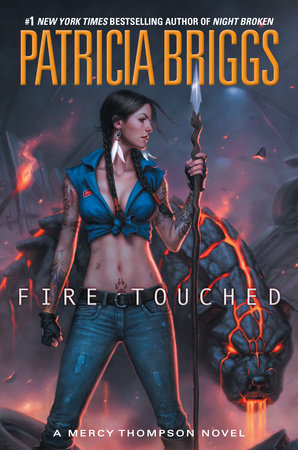
The opinions presented are my own. I’m not getting paid for this review. I bought my own copy and read it pretty much as fast as I could.
This week, the latest entry in Patricia Briggs‘s “Mercy Thompson” series came out. I’ve been following this series since the 3rd book was new (and the Alpha and Omega series from the beginning). So for those not familiar with the world: Mercy is a VW mechanic whose Native American heritage shows up in the form of being able to turn into a coyote; her husband is the Alpha of the werewolf pack in the Tri-Cities area of Washington state; due to circumstances that would take multiple novels to fully explain, the Faerie races have declared war on the United States Government; the werewolves are trying very hard to stay neutral in this war with limited success.
This particular installment begins when Mercy wakes with an uneasy feeling. Little does she know that by nightfall, she will be on the evening news after the pack defeats a troll on a bridge, and she makes an interesting declaration. You can check out the first chapter here. Or get your own digital copy here.
Let’s be clear. This novel is a bit of a departure from the tone of the series. The first half or so is pretty amusing, since Mercy does have a rather wicked sense of humor. However, lacking is that tear-jerker climax about 70-80% of the way through the book. This is a book that is primarily concerned with the plot arc. It establishes certain facts that will assuredly be important in the next books. It ties certain short stories into the larger plot. Bonus appearance by Baba Yaga! This is not the place to pick up the story, but it is a decent read.
And I do seriously wonder how Mercy’s lavender plant will turn out. It could be very interesting indeed.
In closing: a little bit of TPP; a few NSA, FBI, encryption, and privacy items for you; exercise and your brain; a bit of political stuff (psst! He’s right behind you!); Vegas judges; I notice Generation X is missing from these graphs; and bonus kittens.


 Once more it is book review time. Today’s selection from the BlogHer Book Club is
Once more it is book review time. Today’s selection from the BlogHer Book Club is 


